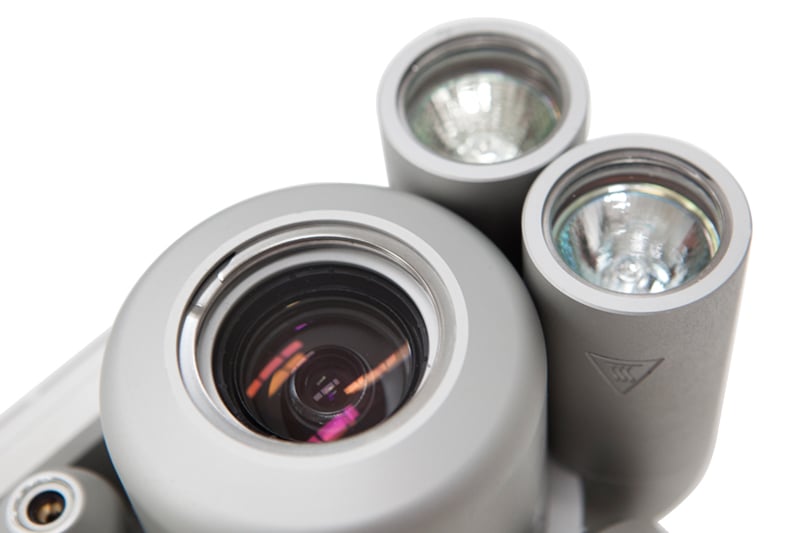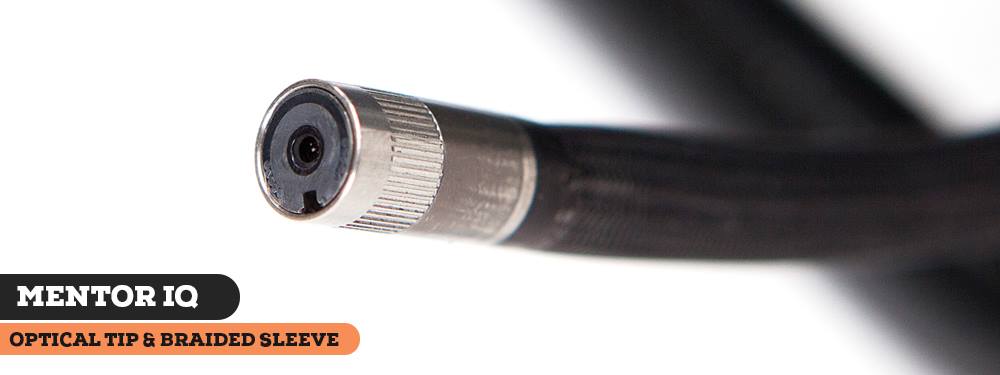Camera Facts: How important is the Lens?

Every camera lens has two main attributes: focal length and f-stop.
Focal Length: The focal length determines how close or how wide you can get with the lens; an 18mm lens can produce a very wide angle shot, while a 200mm lens can get you very close to the subject.
F-Stop: The f-stop determines how wide the aperture can open; a lens that can reach f/1.4 will be much brighter than one that can only reach f/4.0.
Arguments are often made that the quality of the lens is more important than the camera. While this can be true under some circumstances, the reality is that recording a good inspection video usually comes together with a variety of different tech working together. That said, a good lens can make a hell of a difference.
Lenses capable of admitting more light (usually accompanied by wider apertures like 5.6 and lower) are often heavier and bulkier. This can make them unsuitable for a lot of RVI applications. A video borescope like the Mentor Visual IQ for instance, only has the capacity on the probe to accept a lens or optical tip of a certain physical size. In this case, the more important consideration would be lens focal length. When your lens is tiny, it’s usually more helpful to have a wide angle capability. This reduces the effects of sudden jerky movement on the video that would occur with a longer focal length.
Ultimately, the better the lens is at admitting light, the better your final image or video will be.

